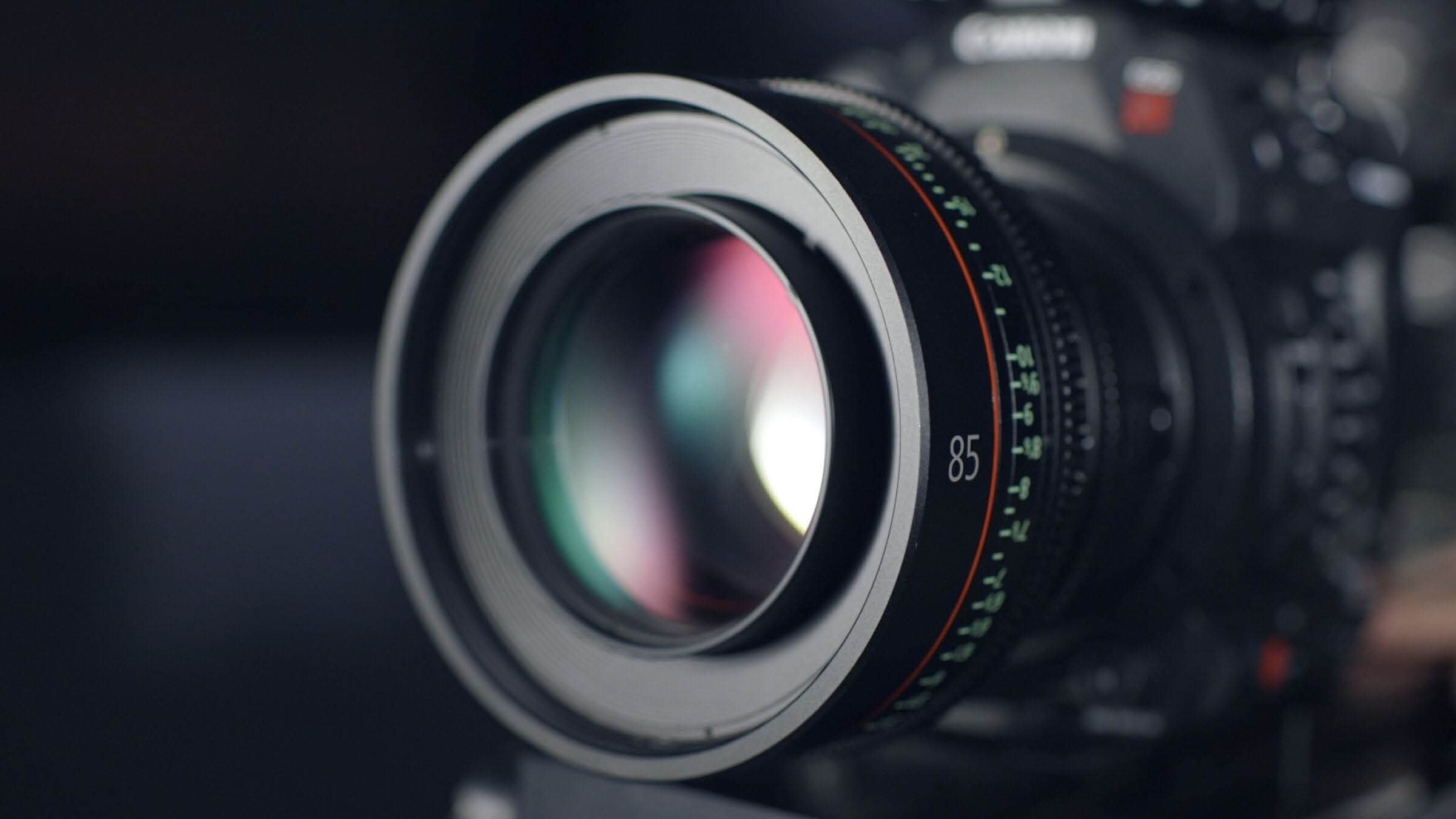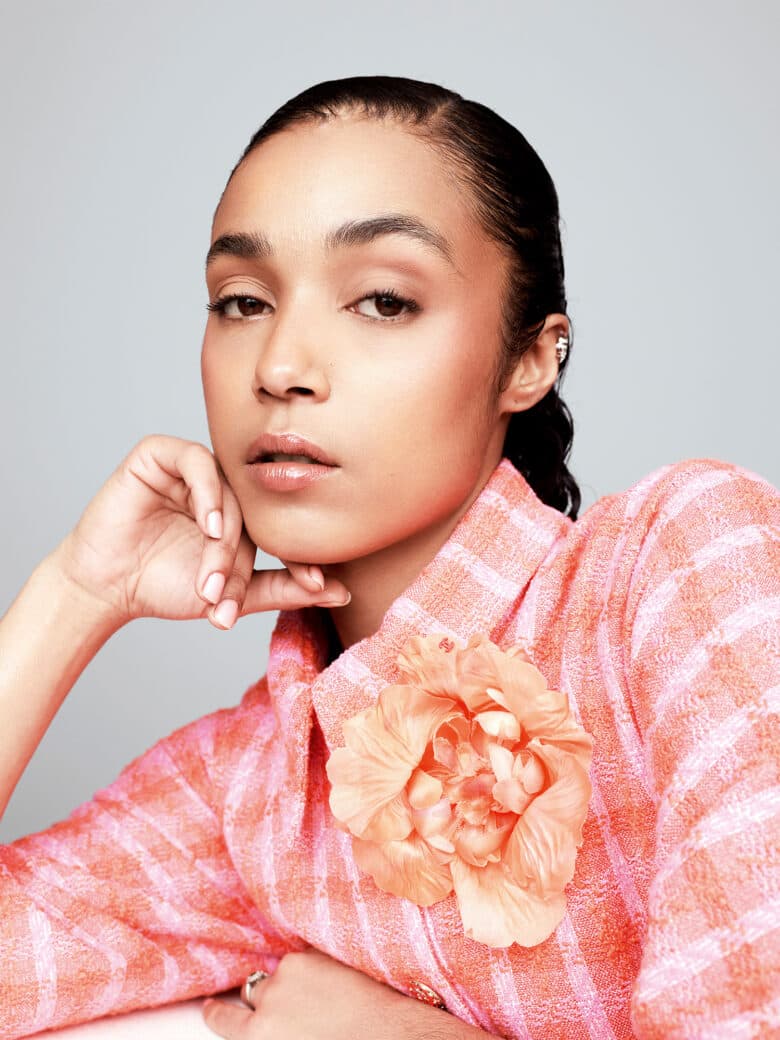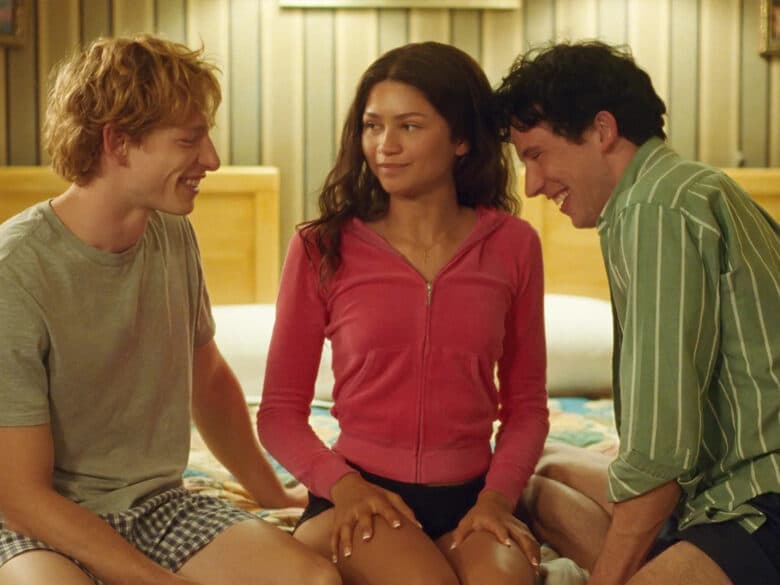Ask Me Anything: Rankin

Rankin’s passions stretch well beyond photography and it seems that HUNGER readers want to know exactly what those interests are. So we opened the floor up for you to put your questions to the man himself and find out what he thinks about everything, from AI and inspiration to politics and poetry.
Anna, London: AI image generation is going to leap ahead when professional photographers start training the algorithms on details like lighting. Do you have plans to start inputting into machine learning?
I have started using AI a bit and I do enjoy it. I also think it’s going to turn the world, and photography in particular, upside down. The great photographers who are using it seem to be creating some incredible and thoughtful images. The photographers that aren’t as great seem to be living their dreams of being able to create more sophisticated images than they are used to. Not sure what that tells you. But for me it enhances the idea that photography is much more complex than the act of making the image. It involves taste, ideation, stylisation, knowledge and a way of working that goes beyond being derivative.
Carly, London: Which other of the arts have you dabbled in?
I’ve made films, written poems. I once tried to be in a band, but the less said about that the better. I’ve also made a few comedy pieces that I’ve acted in – basically playing a version of myself but turned up to 13! – making fun of the fashion industry.
Dagny, Italy: How will AI impact casting and the role of models?
I really believe that photography will go in three different directions. One will lean more into a realistic version of the world, the other is a much more unrealistic version. Then of course there will be a mix of the two. Even now, in lots of movies photogrammetry is being used in crowd scenes. Volumetric capture has been used on actors, just in case they have to redo something that they actually aren’t available for. However, it’s my strong opinion that for a large percentage of the population, reality is something that they enjoy and crave. I don’t think that will ever go away or be rendered less interesting. So there probably will be a need for human beings in both categories.
Nihal, Edinburgh: Are you interested in politics and are there any issues in particular you feel strongly about?
I was actually thinking about this yesterday. I get more politically driven as I get older. I also want to hear other people’s points of view more – to be less blinkered and single-minded – and also to find allies. All of the current issues are very important to me but especially the mess the Conservative Party has made of our country.
Benjamin, Cambridge: Can generative AI have any positive impacts on photography? Or is it all negative?
I don’t think anything can ever just be one thing or another. The world is not black or white. For me it is grey. That’s where the interesting stuff happens. That doesn’t mean that bad actors will not use it in a bad way – we only have to look at social media to see that the experiment without consequence on our way of interacting has not had an entirely positive impact. Facebook/Meta is responsible for a lot of the world’s current problems and AI will have a similar effect. It’s obvious from reading about it that even the people making the technology don’t completely understand where it will take us. On the other hand, if it can help medical professionals analyse a patient’s symptoms to prevent misdiagnosis, that’s going to be an incredible plus. It’s just not black or white.
Cress, Bath: What excites you about the future of photography?
Mainly the potential of it. When I started out, photography was very expensive and this financial requirement acted as a barrier to some people. Now you can get into it really easily with your smartphone. Although that has decimated a lot of photographic careers, it has also allowed a large percentage of the population to start communicating with photography.
Anastasiia, Poznan, Poland: What is more important in photography – the idea or the quality of the image?
I think they’re both very important, but I have to say that the idea or theme of pictures is more important to me.
Mark, Brighton: What advice would you give to new fashion photogra- phers about how best to acquire advertising clients and make a full- time living from photography? And how have things changed since you started out?
The first thing I would do is get into AI, as I think it’s going to have a profound influence on the way we work. I’d also recommend working for a fashion photographer who really knows and understands fashion. It’s a very specific area of photography, and if you don’t understand what you’re photographing – in fact, if you don’t love that – I don’t ever think you’ll make a brilliant fashion photographer. For example, I really don’t think of myself as an amazing fashion photographer. I think I’m OK at it.
The whole thing has changed since I started. When I became a photographer during the 1990s, the fashion world was limited to about 100,000 people worldwide. In fact if you were seen/appreciated by that many people in the business, you would have been absolutely on top of your game. Now, if you don’t have a minimum of 100,000 people following you on a social media platform, you might as well forget it. For good or bad, the power has shifted away from the people who are experts in their field to the audience and those who appeal to that audience. That shift has changed everything, and if you want to be successful you have to know how to work that system as well as the traditional fashion system that still applies to the photographers who work within the genre.
Leigh, England: Who or what inspired you at the beginning of your career and who inspires you now?
Interestingly I think I was inspired by my peers, the people who worked with me on Dazed & Confused magazine. We were, at one time, rivals and the biggest fans of each other. We pushed each other to do better work, to learn more about our mediums. Now I find inspiration mainly from reading and meeting talent.
Laura, Bath: What do you like doing in your downtime?
My hobby is to take pictures of flowers. I have become obsessed with it. I also absolutely love reading and walking my dogs.
Jackson, Leeds: Who is the most surprising person you have taken an image of and why was it surprising?
Robert Downey Jr. I knew that he was a super-talented actor but I had no idea that he would be so funny and effusive. He really wanted to be there and collaborate, and that was really exciting. Also, David Bowie was pretty extraordinary. I thought he would be super-cool, almost aloof, but he was the opposite. He was like Tigger from Winnie the Pooh – super-enthusiastic and bouncing around with ideas. The thing is I get to meet amazing people every day and whether they’re famous or not, it’s not really important. The fame is what a lot of people are fascinated by, but actually so many shoots I do become exciting because when you’re making something together, a kind of magic happens. I love that moment when you’ve created something together and both parties love it.
Casey, Newcastle, Australia: What do you do to get out of a funk in difficult shoots?
Yikes, good question. If something goes wrong on the shoot, I get very frustrated and that can really influence how I feel. However I do think it’s my job to try to bring some sort of positivity to what I’m doing. A smile, a joke, etc. I think that’s really important and I think it’s important for everybody on set to do the same, especially when dealing with a complicated situation or subject. In terms of feeling down or being a bit negative, the best form of remedy is definitely sleep. For me, sleep is so regenerative and I use it as a way of getting out of a bad mood all the time.

